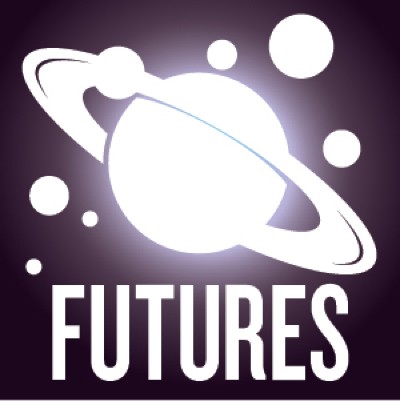The machine is dead. I will watch over it until it isn’t.
I no longer remember when I started waiting for the tiny red bulb of the machine to light up. I do, however, remember thinking that it was a noble assignment. I cringe at the pride and the sense of urgency I assigned to my work.
In many ways, I suppose the work is still important. But, I no longer feel that importance extends to me personally. There are many others who can do what I do. Besides, the light will flicker to life only to shut off, leaving the machine dead once again.
But for now, the light is on. At first, it is a small pinprick of blood in an expanse of rusted metal. Soon, other lights blink furiously and I hear the unmistakable hum of a working machine. Alive. As the sharp smell of burning copper wires permeates the room, experience tells me what to do. I take a step forward. Just in time: a young lady falls into my waiting arms.
I help her to a nearby chair and cover her with a blanket. She is out cold.
Despite my unconscious audience, I comb the stray strands of my hair back in place with my fingers. My hair is a cascade of grey, which I wear carefully pinned back. I can’t help but feel a twinge of envy when I see the jet-black mane on her head. I console myself that the girl’s blunt bob, cut to graze her jaw, makes her chin look awfully pointy.
“A choice she will inevitably regret when she sees pictures of herself someday,” I say out loud. Ashamed at the mean-spiritedness of my words, I hastily add, “But what good is youth if not to try something you regret later on?”
I say it only to myself, but it makes me feel better. The figure in front of me stirs, her long lashes fluttering against pale cheeks. Suddenly, she springs to her feet and cries out, “Doctor, no!”
Read more science fiction from Nature Futures
I place my hands on the girl’s shoulders to gently but firmly sit her back down. “It’s OK, dear. You’re OK,” I say. “Dr Kim is not here.”
I am trying to act as kindly as I can, but I wonder if I am coming across as patronizing. I consciously run my fingers through my hair again, keenly aware that it is much thinner than it used to be.
The girl lets loose a choked sound, which snaps me out of my thoughts. Ah yes, the job. This one I can do without second-guessing myself. Putting on my most neutral expression, I ask, “What is the last thing you remember?”
The girl closes her eyes. “I was in a public presentation for Dr Kim’s invention,” she says. “It was supposed to test the existence of other universes. I was just there to sub for Jiwon, our senior science reporter. She thought it was a joke, but I thought I could make it into a human-interest piece. Then something went wrong. An explosion, I think.”
I sit back and wait. Every single person who goes through the portal asks the same question. This one will not be different.
“What happened?”
“You’re right in saying something went wrong,” I say slowly. “Dr Kim’s machine did prove the existence of a multiverse system. Unfortunately, there was something that he and his team did not count on. You see, a choice can split the universe, but a shared experience can have a different effect.
I pause, wondering how detailed my explanation should be. I decide to say it as simply as I can.
“Right now, there is only one universe and you’re in it.”
“I don’t … I can’t believe any of this. Where is Dr Kim?”
I shake my head. “Whether it was because someone pushed you or it was a mere quirk of luck, you were knocked inside the point of convergence. You are the only one to make it through.”
The girl looked at me with wide eyes and I suppress a sigh. Nothing can make this part easier.
“You attended an environmental reporting lecture during sophomore year in college,” I say. “One of the examples given was George the snail — an Achatinella apexfulva. George was the last of its kind. The professor said that the final specimen of a species is called an endling. The word fascinated you so much that you did something before going home. What did you do?”
The girl shakes her head again. “What did you do?” I repeat.
“I went downtown,” the girl finally mumbles. “I had the word tattooed on my wrist.”
“You thought the word ‘endling’ was so beautiful.”
I smile as I lift up the sleeve of my shirt to show her my wrist. “I’m sorry we could not meet under happier circumstances, Roslyn. My name is Roslyn.”
Before I can say anything else, the machine suddenly lights up, and its circuitry crackles. Roslyn jumps up from her chair.
“A second one today? That hasn’t happened in a while,” I mutter as I push my dark, dark hair out of my eyes. “But perhaps, it’s good for you to see this. It will make this strange circumstance easier to believe. Right, Roslyn?”
I look around the empty, decrepit room.
“Roslyn?”




